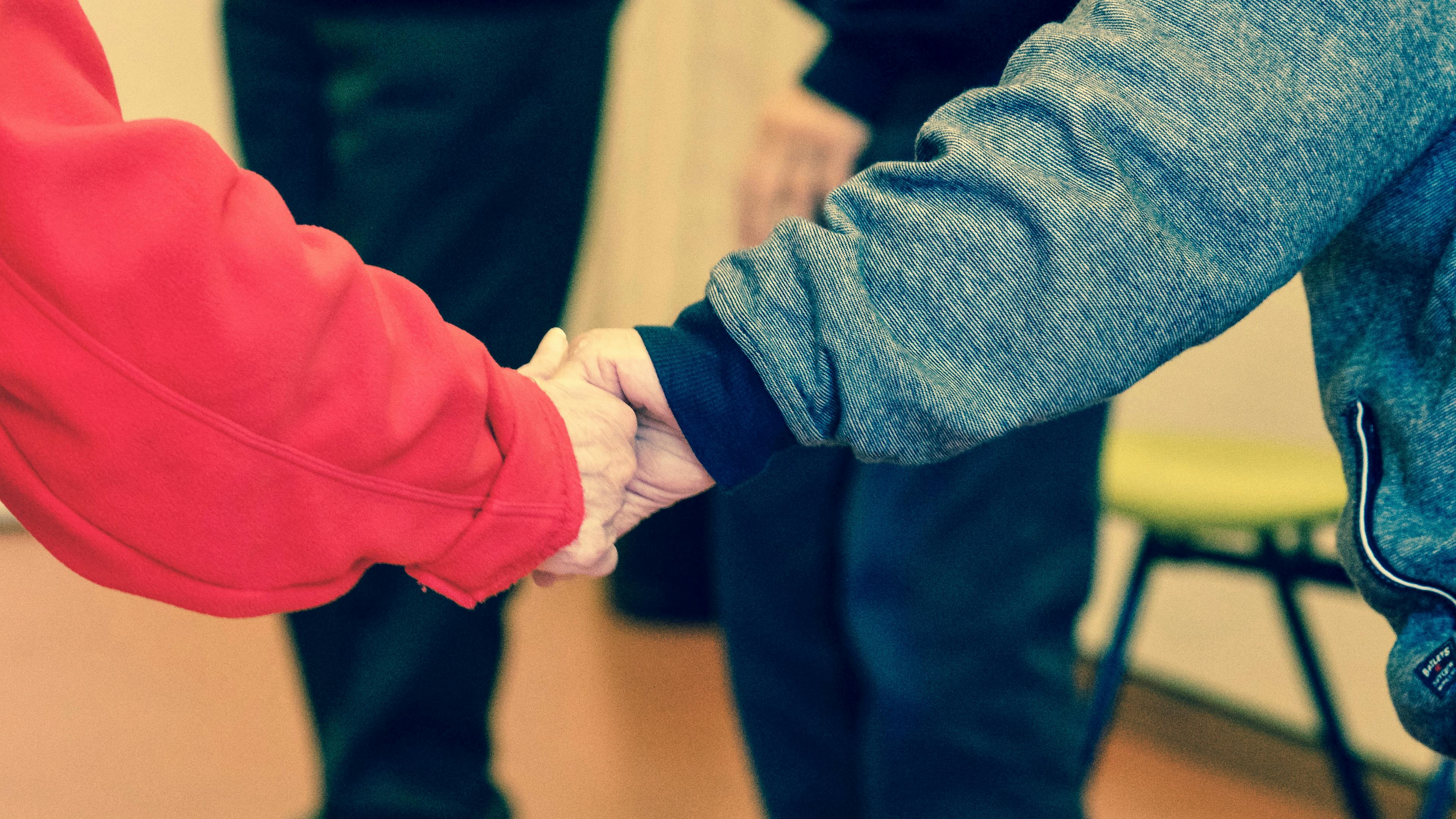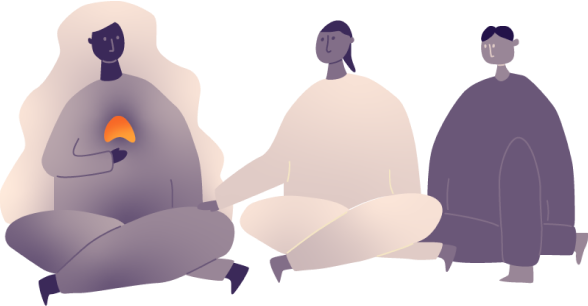Awhi is still in development, we'd love your feedback and suggestions. Let us know.
How to find a support worker
We get lots of feedback asking for tips on how to find a great carer or support worker. It’s definitely hard. I understand the struggle. My daughter Jessie needed support workers and carers throughout her life, and we were lucky enough to find incredible people who became part of the family.
Here’s how we did it. I hope you will find it useful and please share your ideas too.
Look for kind people
I always tried to remember people who were kind to Jessie. I noticed one of my other daughter’s friends always chatted to her so five years later when I was looking for a carer, I rang her and asked if she was interested. She was and she stayed with us for many years. In another case I saw another mum at the school who always said hello to Jessie, so I asked her to be our emergency teacher aide. She said yes because it wasn’t fulltime, and she could fit it in around her family. She eventually moved to full-time mahi and we still keep in touch.
Ask your support workers
Ask your support workers if they know of anyone else who would be interested in caring for your child. Jessie needed a team of five and we were able to keep the team going through the connections we made. Sometimes people didn’t have experience, but we knew when we interviewed them that they had the right values. We then paid for them to work alongside another carer until they were confident to work alone.
Support your support workers!
Support who you’ve got. We had all sorts of ups and downs with carers over the years. We decided early on to understand that people had busy lives and that the more we were able to support them, the more they would support us. We had carers for a long time because of this. Sometimes people needed another chance. I also didn’t mind if people bought their dogs or children long, if Jessie was happy and looked after that was fine with me. That led to the whānau of our carers getting to know her and I often found other staff through them.
Ask, ask, ask.
I used to put the word out through family, friends, workmates – basically everywhere. Just asking if anyone they knew someone who might be interested. Care work can be great work for people who need flexibility and don’t want to sit in an office. Don’t be shy to ask – you’re offering them a really great job.
What’s really important?
Having someone else looking after your child is hard – Jessie had really high needs, but I learnt to trust that other people cared about her. Sometimes I struggled a bit with some of the things they did, but my bottom line was always: Is she safe? Is she happy? She went on all sorts of adventures, wore all sorts of op shop finds and had all sorts of different nail polish and hair colours that I wasn’t that keen on. I had to remember she might be fragile, but she was still young and needed those things. Eek!
Remember family is family
It’s great that you can hire family members, but you need to be up front if things aren’t working. Think about whether that would be hard and decide if it might be just _too _hard when you’re juggling so much already. When you hire a support worker you’re employing them – that means if you hire a family member, you essentially become their manager. Will they still be able to support you emotionally if there is a power imbalance?
Good luck and remember Awhi Ngā Mātua is here to support you.

Elizabeth Goodwin
I'm Elizabeth Goodwin, I became a bit of an activist when I joined with a group of parents to advocate for inclusion. Those parents are still my friends and I've told them things I've never told anyone else because I know they won't judge. Over the past couple of years I've spent a lot of time with young parents looking at ways we can address the challenges they face. Isolation and loneliness has been a common theme and that's where the idea for Awhi came from. I'm looking forward to working with you to develop this - keep the ideas and feedback coming.
Was this resource helpful to you?


The Awhi Ngā Mātua team would like to thank Takai, the IHC Foundation and the Dines Family Charitable Trust for their generous contributions to our work. A huge thank you also to the IHC Programmes team, in particular the IHC Library which has worked so hard to make their remarkable collection available to us.









